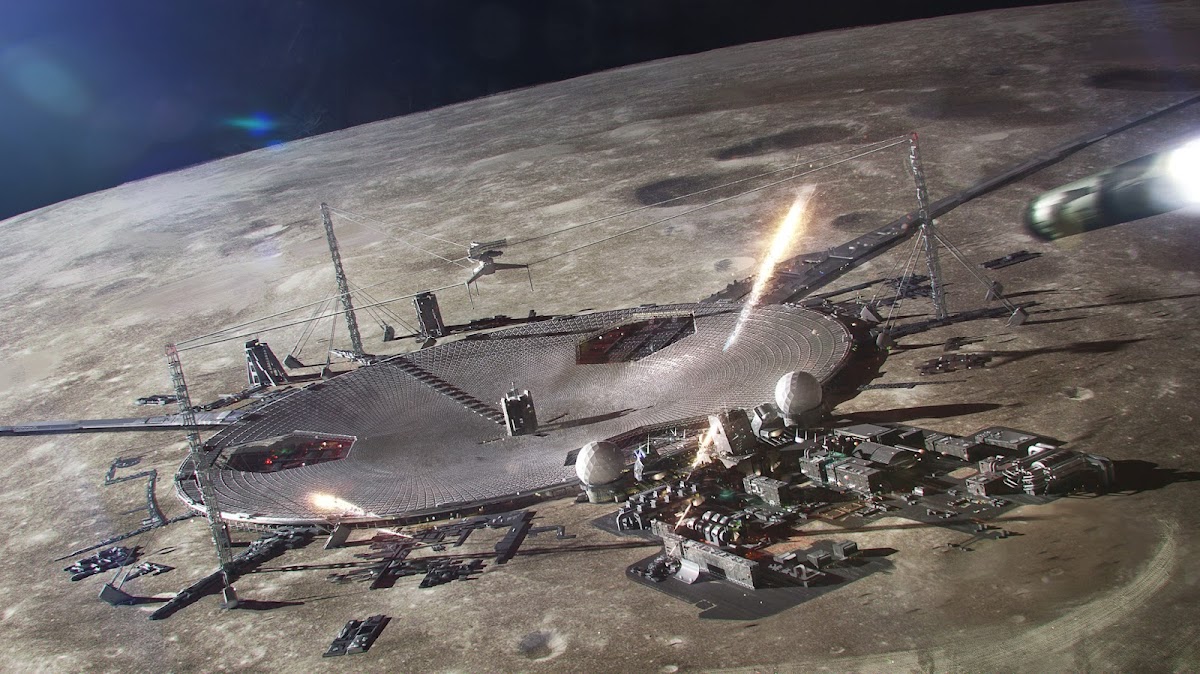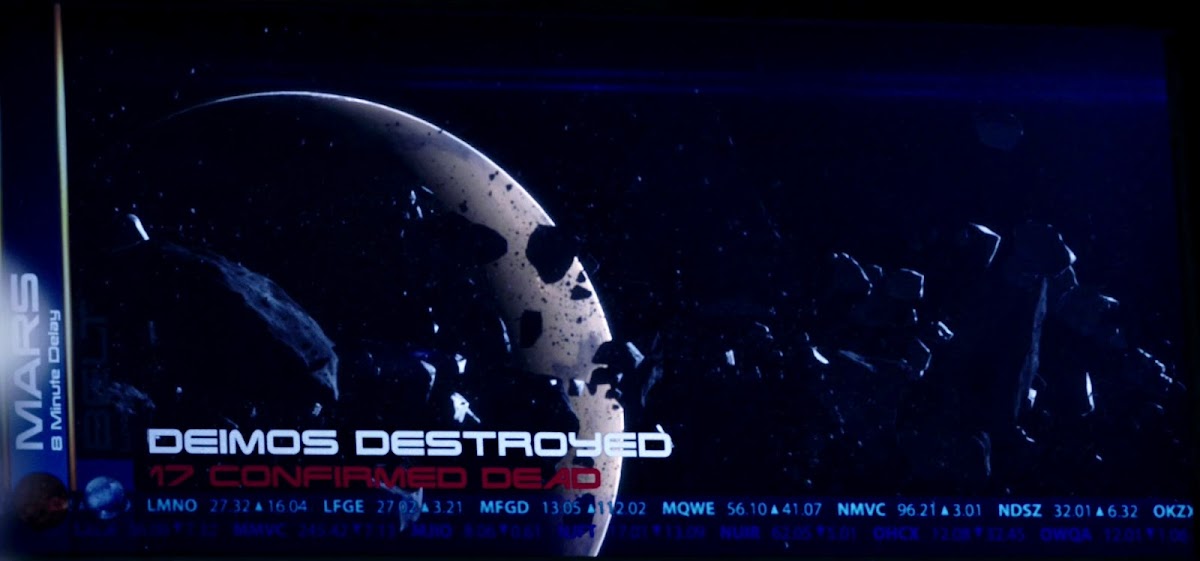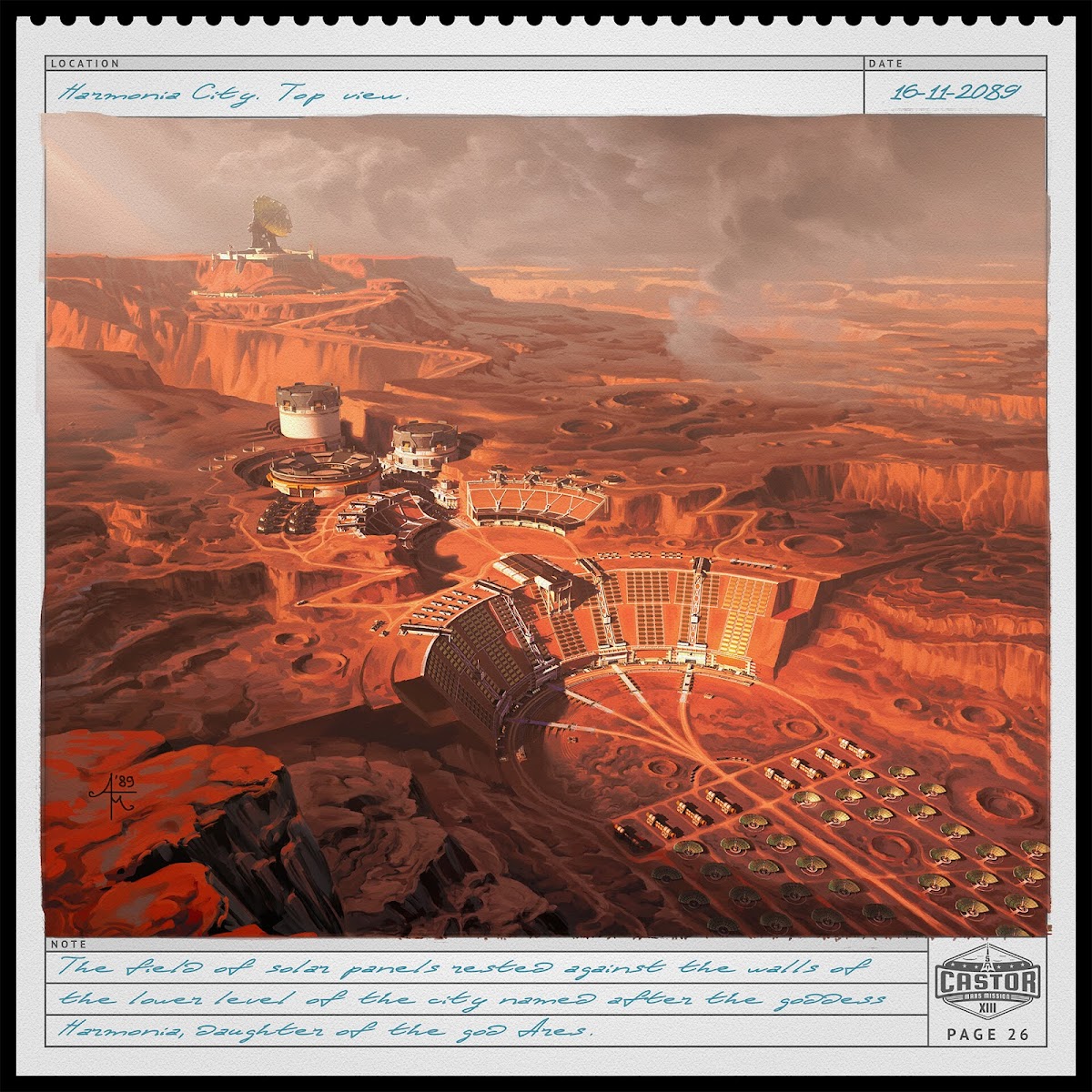In the universe of The Expanse TV series (a political sci-fi drama set in mid-24th century when humans have colonized the entire Solar system) Pallas hosts one of the oldest stations, Pallas Station, in the outer planets, refinement stations for the mining operations in the Asteroid Belt and the largest fuel refinery in the Belt.
In The Expanse TV series Pallas has a population of 9 to 13 thousand, but is also known for its extremist Belter splinter groups among its colony. One of those splinter groups eventually form the core of the Free Navy. Pallas is the birthplace of Marco Inaros, Naomi Nagata and their son Filip.
In late season 5 of the show the acting Secretary-General of the United Nations David Paster orders an uncoordinated missile strike against the Pallas Station, destroying one of its habitation rings and killing thousands of Belters.
Here you can view some of the few shots of Pallas Station exteriors in the show:
Naomi Nagata's ship at Pallas Station docks:
Destruction of one of the habitation rings of the Pallas Station:
More content from The Expanse TV series:
- Concept art for Lovell city (on Luna)
- Destruction of Deimos
- Ganymede, the breadbasket of the Belt
- Ceres, the capital of the Belt
- Lunar colony in season 5
- Martian colonies in season 5
- Martian colonies in season 4
- Mars in season 2

 Pallas, located in the Main Asteroid Belt between the orbits of Mars and Jupiter, is the third-largest asteroid in the Solar System (~512km in diameter). It has 22% the mass of Ceres, the largest asteroid in the Solar System, and gravity of 0.021g (2,1% of the gravity force on Earth). With an orbital inclination of 34.8°, Pallas's orbit is unusually highly inclined to the plane of the Asteroid Belt, making Pallas harder to reach by spacecraft.
Pallas, located in the Main Asteroid Belt between the orbits of Mars and Jupiter, is the third-largest asteroid in the Solar System (~512km in diameter). It has 22% the mass of Ceres, the largest asteroid in the Solar System, and gravity of 0.021g (2,1% of the gravity force on Earth). With an orbital inclination of 34.8°, Pallas's orbit is unusually highly inclined to the plane of the Asteroid Belt, making Pallas harder to reach by spacecraft.








 Deimos is the smaller and outer of the two natural satellites of Mars, the other being Phobos. Deimos, likely an asteroid captured by Mars' gravity, is highly non-spherical with a mean diameter of 12.5 km (about 57% the size of Phobos) and it orbits 23,460 km from Mars (Deimos' orbit is slowly getting larger and it is expected to eventually escape Mars' gravity). Escape velocity from the surface of Deimos is only 5.6 m/s so a human can basically jump off of it.
Deimos is the smaller and outer of the two natural satellites of Mars, the other being Phobos. Deimos, likely an asteroid captured by Mars' gravity, is highly non-spherical with a mean diameter of 12.5 km (about 57% the size of Phobos) and it orbits 23,460 km from Mars (Deimos' orbit is slowly getting larger and it is expected to eventually escape Mars' gravity). Escape velocity from the surface of Deimos is only 5.6 m/s so a human can basically jump off of it.





 On April 4th at Starbase, Texas SpaceX CEO and lead designer Elon Musk provided an unannounced update of SpaceX's
On April 4th at Starbase, Texas SpaceX CEO and lead designer Elon Musk provided an unannounced update of SpaceX's 



 Environment concept artist
Environment concept artist 


